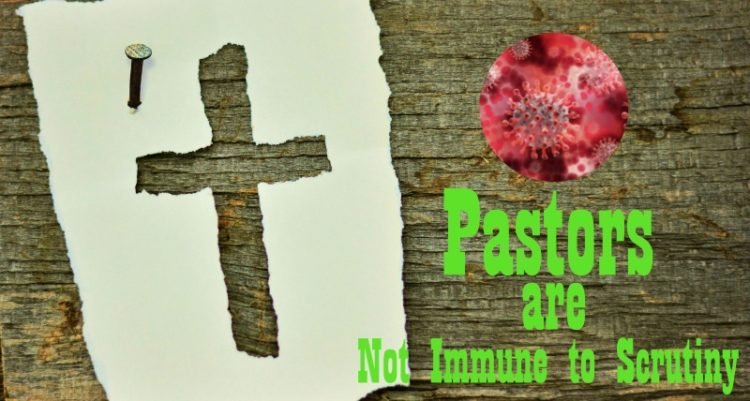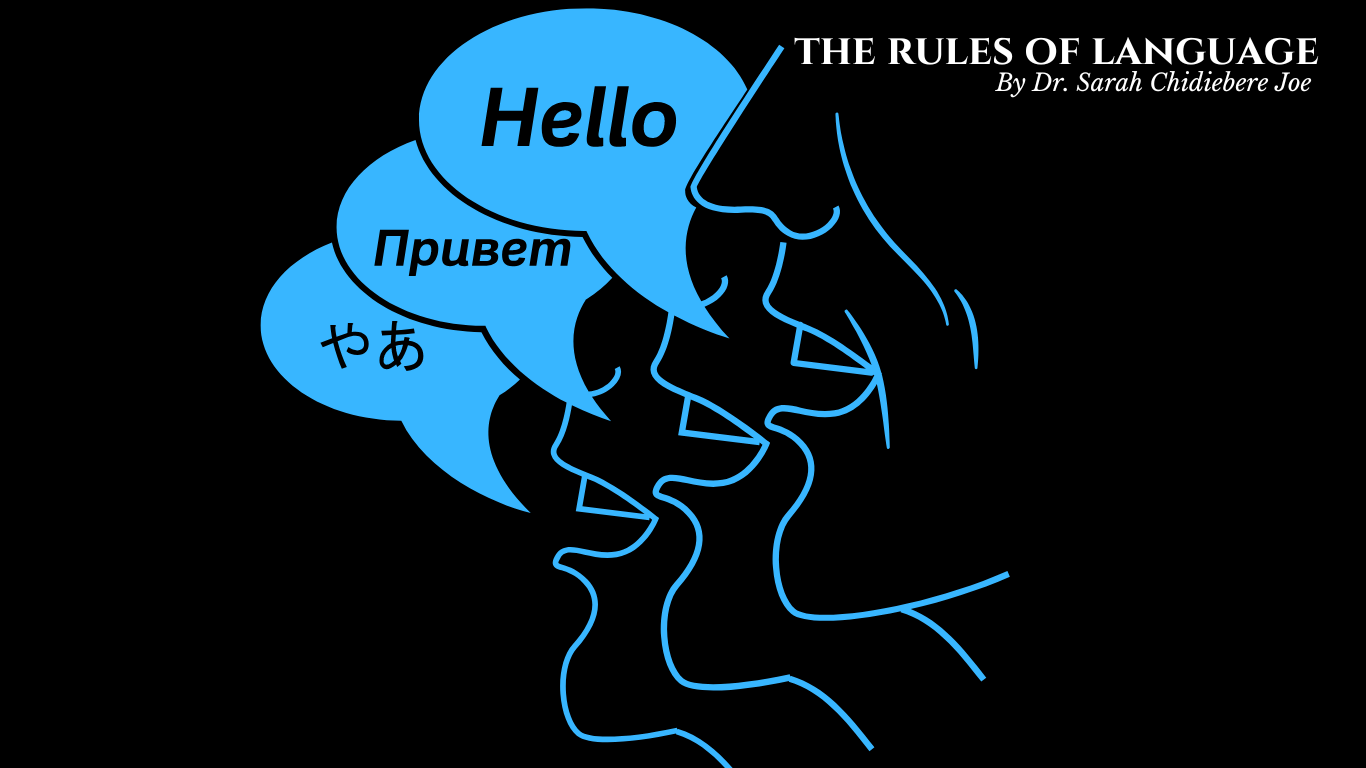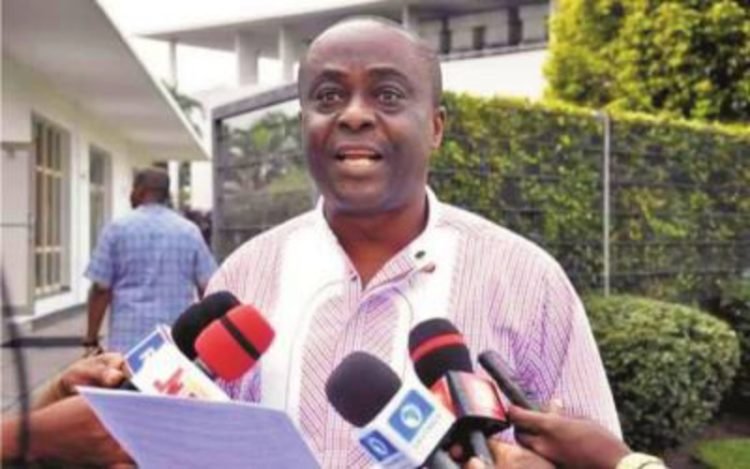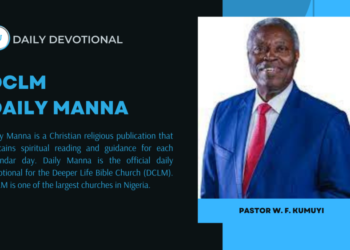By Sarah Joe & David Okoya (Pastors Are Not Immune To Scrutiny)
It is no longer news that the world has been largely crippled by COVID-19, a strain of the coronavirus family. Over five million people have been infected, while more than 300,000 persons have lost their lives to or as a result of complications arising from the virus. These outcomes have sent shock waves around the world and especially among those who are compelled to mostly remain indoors, in compliance with social distancing guidelines. Social distancing was mainly introduced to help flatten the COVID-19 curve in parts of the world in a bid to reduce the pressure on existing health systems and infrastructure.
But as we detailed in a previous article, while social distancing has proved effective for the West, in many parts of Africa, including Nigeria, it has been a colossal failure. For instance, although the Nigerian government belatedly adopted the social distancing protocol, the country’s harsh socio-political realities have impinged on its effective execution.
Apart from social distancing, the federal and state governments have applied other measures such as the closure of air, land and sea borders; complete lockdown of sections of the country and asked citizens to wear face masks. However, these measures have suffered severe setbacks. While some border security officials boldly flout government directives by letting people slip through the cracks, lockdowns in parts of the country have been in some instances weaponized as punitive measures against erring citizens. In addition, our preliminary survey of mask-wearing habits in parts of the country indicates that most persons wear masks only so they can avoid punishment by state officials.
Read Be Responsible! Don’t Be A #Covidiot here
Therefore, while the above measures are being employed to reduce the spread of the virus, on closer examination, it seems that coronavirus is revealing the worst of Nigeria owing to its deeply entrenched societal and structural flaws. These include lack of effective leadership; poor health and research infrastructure; and more importantly, a lack of trust in established institutions. Even though these are long standing problems, the pandemic has further unmasked just how delicate Nigeria is in these areas. For instance, ineffective leadership has materialised in policy somersaults that rather than curb, has maybe proliferated the virus. Nigeria’s weak health structure has revealed the absence of properly motivated frontline workers as well as ill-equipped hospitals while the country’s poor research culture has resulted in the absence of homegrown and organic alternatives.
In our view, the most delicate of these problems, given the nature of the Nigerian state, is the widespread diminishing trust in established governmental and religious institutions. The lack of trust in the government has led to wide ranging claims about manufactured coronavirus statistics in the country and allegations of corruption. It also seems that coronavirus is casting the light on the nature of some religious figures in the country who are now forced to showcase their hitherto backstage life in the public.
In reaction to the complexities and realities of COVID-19, some religious figures rather than assuage the fears of members, have instead spewed wild claims that have sent chills down the spines of many. Even individuals who were deemed highly credible owing in part to their past successes and in part to the primal place of religion in the country, have disappointed many as a result of their assertions about COVID-19. While some of these religious figures have been sharply rebuked by many Nigerians, their followers have risen in their defense resulting in divisions between those who claim to stand with or against some religious figures. While this binary reflects lapses in the country’s communication strategy on COVID-19, on closer examination it is also a pointer to a more delicate problem.
Most Nigerians owing to culture and illiteracy, rarely ask questions or dare to challenge authority. Most persons accept as truth that which is handed down to them by religious figures. It would seem, therefore, that coronavirus is not only exposing Nigeria’s shortfalls, but also beaming a light on our individual flaws. Failure to understand power in the context religion have led to the fear of questioning religious authorities and figures. In the past, such situations have been identified as being at the heart of the emergence and sustenance of terrorist organisations. We are deeply concerned about this emerging trend amongst Christians. This is especially because Christianity is anti-establishment in many respects.
Read our take on Nigeria’s Response to COVID-19 here
The Lord Jesus and the Apostles Peter and Paul challenged the system, proved the truth and even encouraged their followers to fact-check their comments. For example, the Bible describes the Berean Jews as being “of more noble character than those in Thessalonica, for they received the message with great eagerness and examined the Scriptures every day to see if what Paul said was true” (Acts 17:11, NIV). This is an indication that it is allowable to subject all truths to regular scrutiny and re-examination as this leads to growth and development.
A truth in its finest form does not need any kind of defense. Therefore, if a Pastor makes a statement and is criticized, it is acceptable, it is normal and in fact, should be welcomed and celebrated. It is an indication of a progressive forward-thinking society. Besides, apart from the publicity (good and bad) that a Pastor gets in the process, being questioned presents an opportunity for his/her truth to be tested by fire. If his/her truth is The Truth, it will emerge finer, else, it will fall like a pack of cards and society will move on with lessons learnt. Polarisation or adopting hard line stances in support of or against Pastors only breeds animosity and animosity is not a Christian virtue.
One way of thinking about the issues raised here is to convert them to silver linings. Since we know what the problems are, we can now begin the process of resolving them. Alas, coronavirus may be deadly, but at the same time, this pandemic offers us a rare opportunity to re-evaluate our priorities as a nation as well as question our core values. COVID-19: Pastors Are Not Immune To Scrutiny
Be Elan. Be all you can ever be.
















Great read! Thank you!